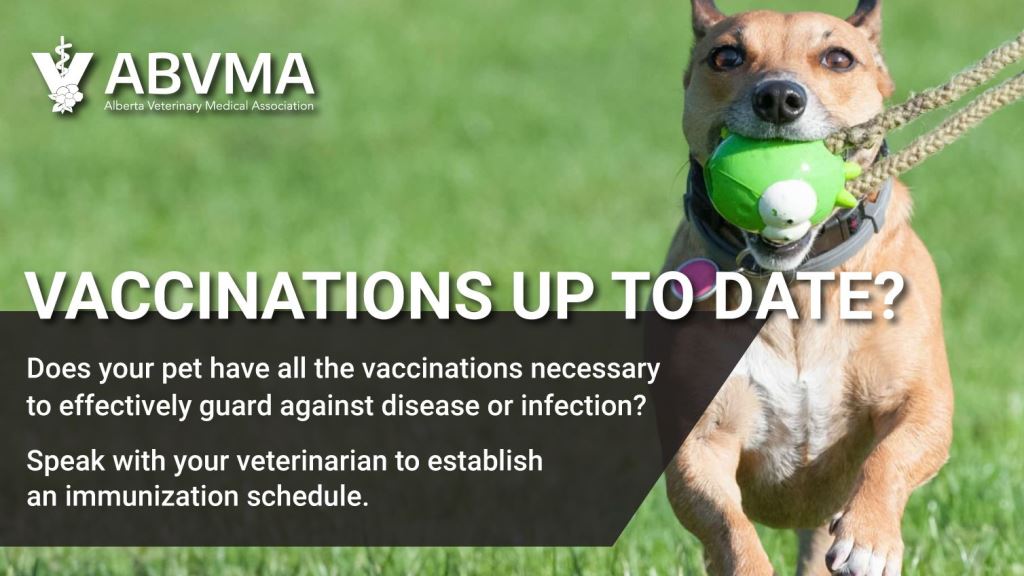
All animal owners should take note of their animals’ current vaccinations, to ensure they’re up to date. Vaccination is an inexpensive, effective means of protecting your animal from a variety of illnesses and diseases so it’s important to be aware of your animals’ immunization schedule. Forging a relationship with your veterinarian is an important part of this continuum of managing your animals’ health. Your veterinarian will help you understand which vaccines your animal is receiving, and will inform you of a regimen you should follow.
What is a vaccine exactly? In layman’s terms, a vaccine is an antigen that engages the immune system. When your animals are administered vaccinations, their bodies perceive the vaccine as a threat and the immune system is stimulated. If the animal then comes into contact with that disease, the immune system is prepared to fight and eliminate it. Most animals, when fully vaccinated, prove to be immune to diseases for which they are vaccinated. Side effects of vaccines are rare but if they do occur, your veterinarian can advise you on how best to treat them.
It’s not enough to get only the core vaccines for puppies, kittens, foals and calves, revaccinating is also required. This can be every 6 months for an animal in conformation events or competitive sport. It may be annual for breeding animals. It may be every 2 – 3 years for dogs and cats with low exposure to other animals. Discuss your animals’ risk factors with your veterinarian. Your veterinarian may also make recommendations on optional vaccinations depending on your location or the animal’s lifestyle.
